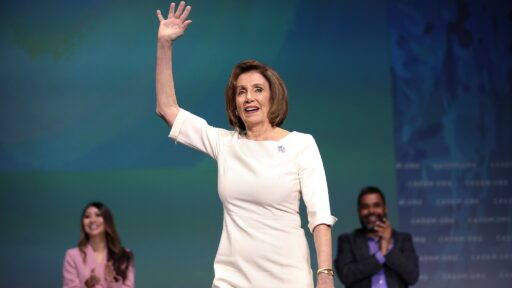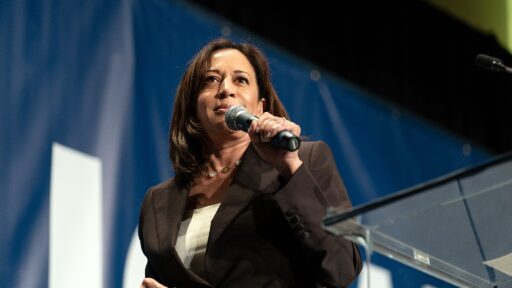Democrat Senators Issue Warning To Kamala
Democrat senators are raising alarms over Vice President Kamala Harris’ recent push to abolish the filibuster in order to codify abortion rights into federal law. This call has ignited a contentious debate within their party, with some members cautioning against the long-term ramifications of such a drastic change to Senate rules.
In a recent interview, Harris made her position clear, stating, “I think we should eliminate the filibuster for Roe.” She argued that this step is necessary to protect reproductive rights and empower women to make their own choices about their bodies. However, this perspective marks a significant departure from her earlier stance in 2017, when she advocated for preserving the filibuster, emphasizing its importance for maintaining the Senate’s role as a deliberative body.
Several prominent Democrat senators quickly expressed their concerns regarding Harris’ proposal. Senator Jack Reed of Rhode Island cautioned that the decision to alter the filibuster could lead to unintended consequences, referencing the Democrats’ 2013 decision to lower the threshold for approving judicial nominations. That change ultimately paved the way for Republicans to streamline the confirmation of Supreme Court justices, resulting in a conservative majority that overturned Roe v. Wade.
Reed stressed that major legislative shifts should not begin with a change in Senate rules. He argued that while a national law protecting abortion rights would be beneficial, it should not come at the cost of altering fundamental Senate procedures.
Senator John Hickenlooper of Colorado echoed this sentiment, advocating for bipartisan efforts to secure a 60-vote consensus rather than resorting to procedural changes. He noted that a broad agreement would create a more lasting solution for abortion rights.
Even Senator Patty Murray, a strong advocate for abortion rights, hesitated to fully endorse Harris’ plan, signaling that she is still weighing her options. Meanwhile, Senate Majority Leader Chuck Schumer indicated that discussions around filibuster reform may take place next year, should Democrats retain control of the Senate.
Key resistance to Harris’ proposal also comes from Senators Krysten Sinema of Arizona and Joe Manchin of West Virginia, who have both previously opposed filibuster changes and are viewed as crucial defenders of this Senate tradition.
The ongoing dialogue among Democrats reflects a growing concern that reckless changes to established Senate rules could have far-reaching effects, potentially undermining the very principles they aim to protect. For Republicans, this situation underscores the importance of maintaining institutional integrity and vigilance against sudden, partisan shifts that could reshape American governance.







